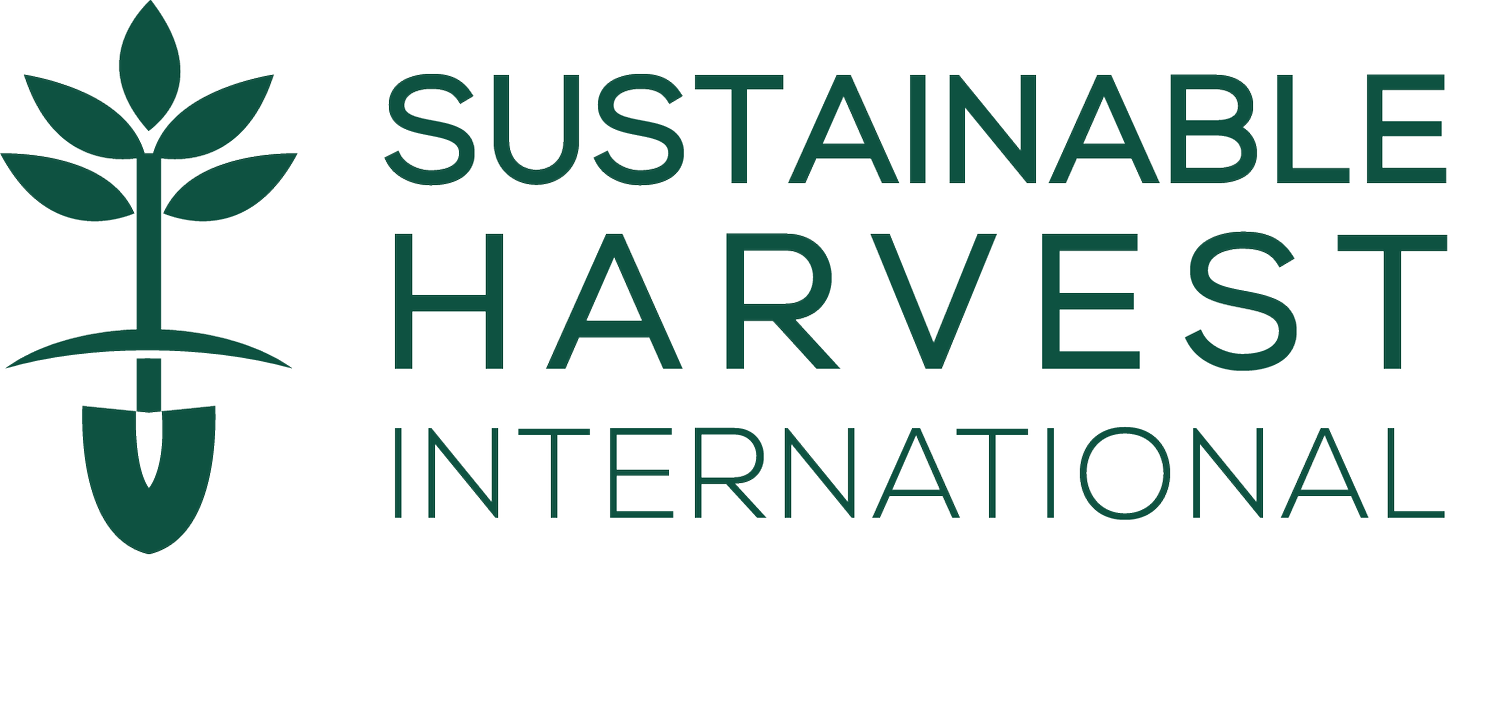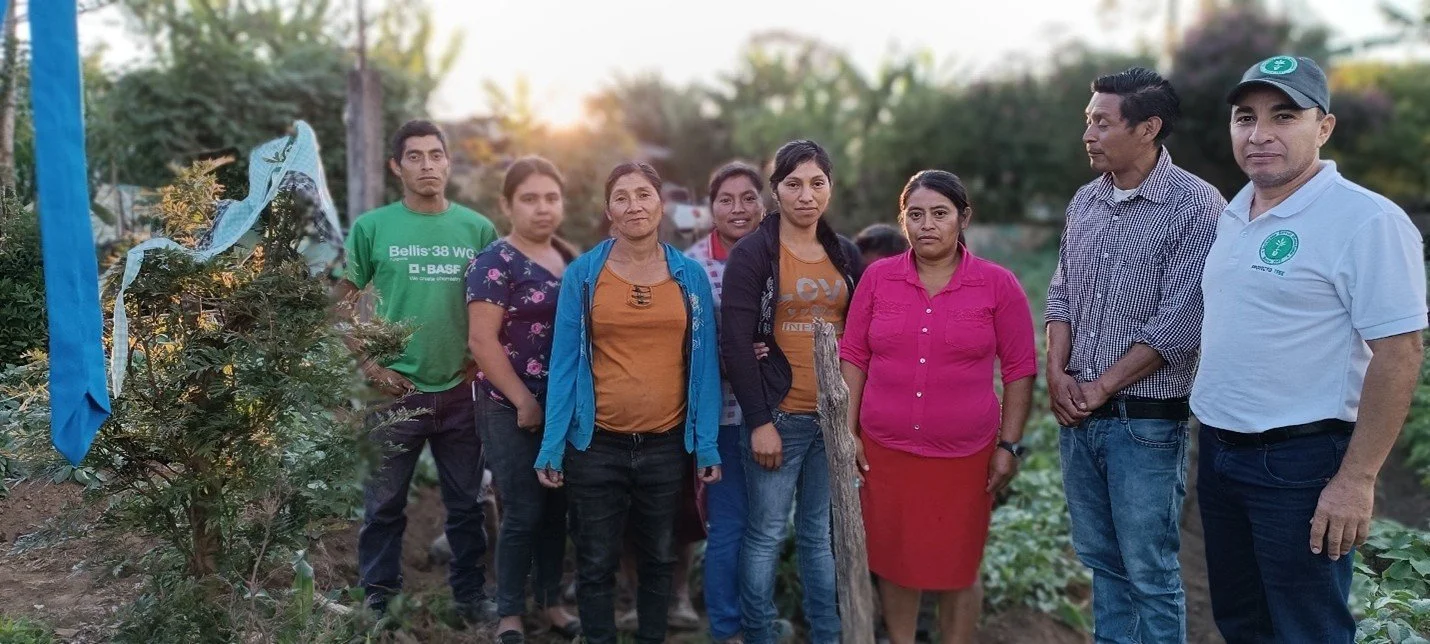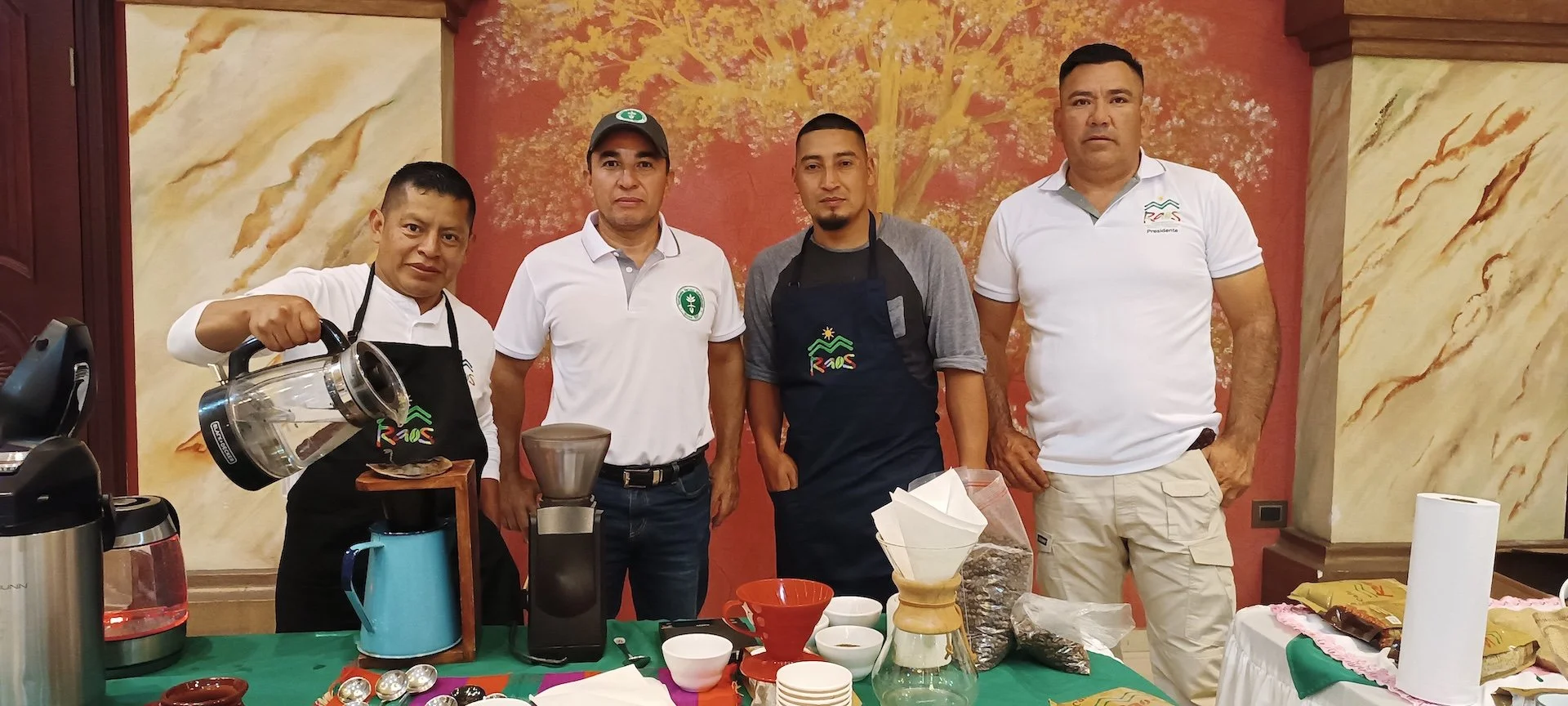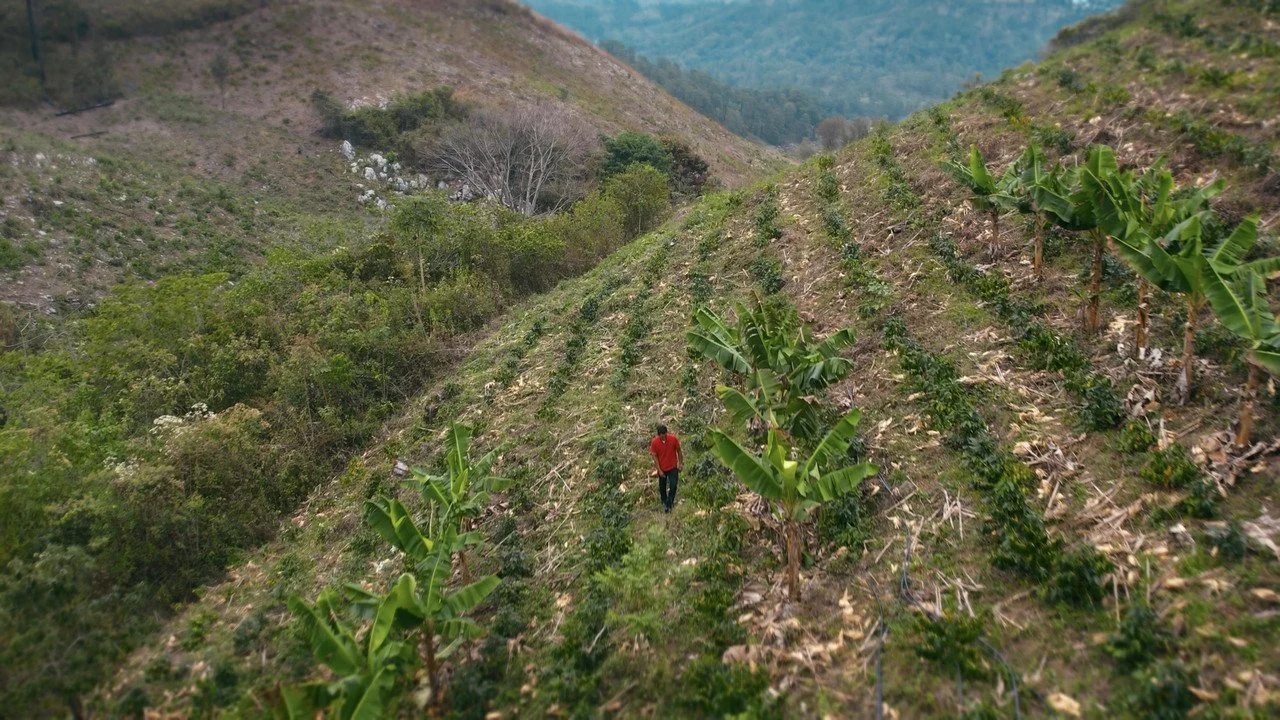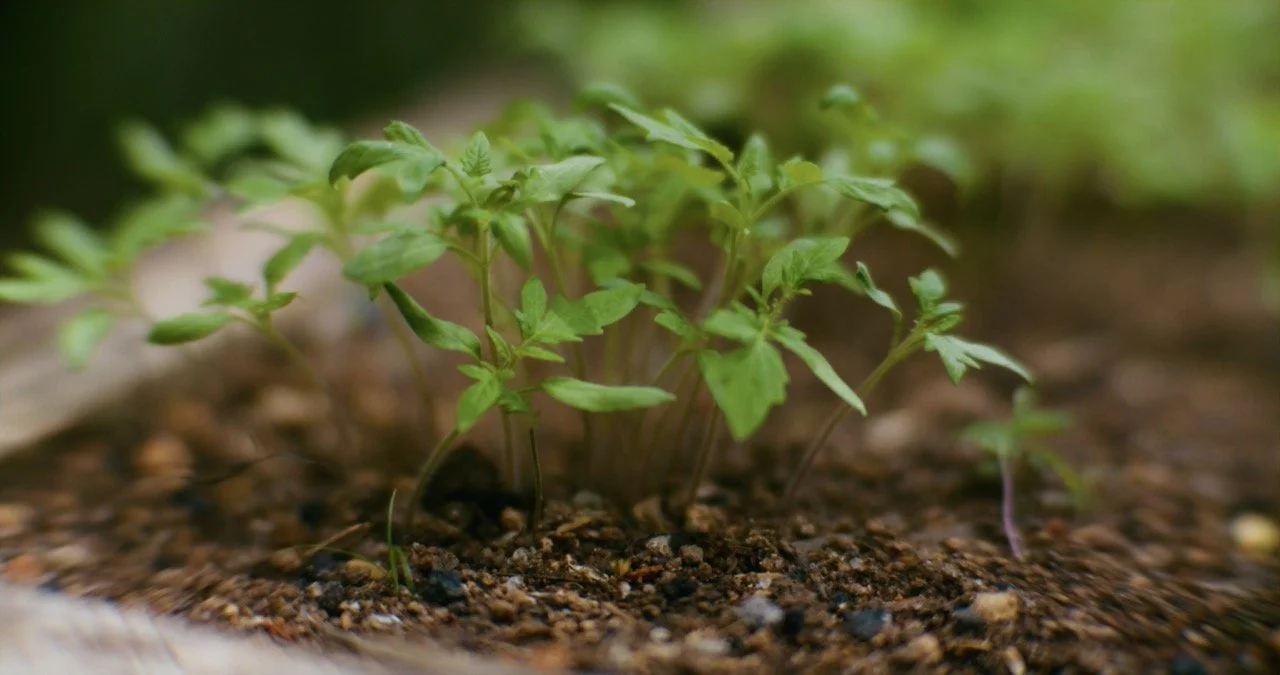Sustainable Farming Blog
Explore our blog to hear from partner farmers, learn about regenerative agriculture, and see how you can apply sustainable tips to your everyday life.
Featured
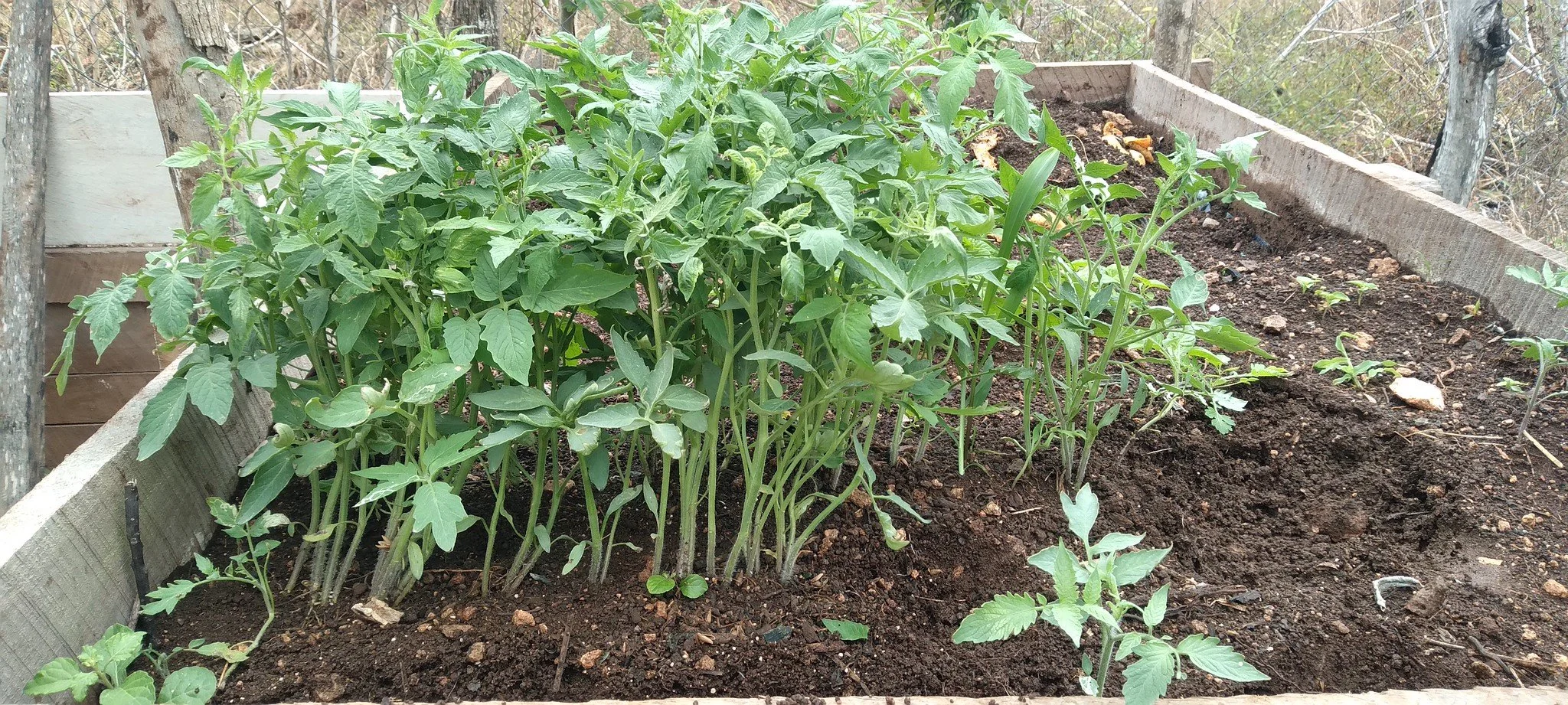
The Planet’s Last Voice
